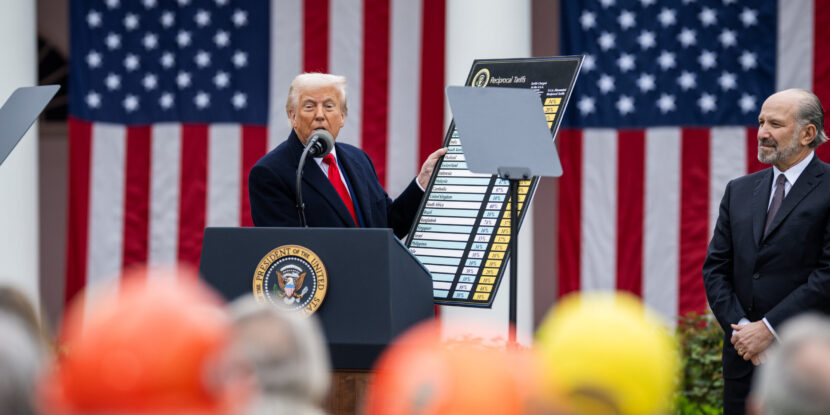❓WHAT HAPPENED: The U.S. budget deficit decreased by $41 billion to $1.775 trillion in fiscal year 2025.
👤WHO WAS INVOLVED: President Donald J. Trump, the U.S. Treasury Department, and American taxpayers.
📍WHEN & WHERE: Fiscal year ending September 30, 2025, United States.
💬KEY QUOTE: “The smaller deficit was aided by a record $195 billion in net customs receipts for the fiscal year.” – Treasury Department Report
🎯IMPACT: The deficit reduction marks the first decrease since 2022, driven by increased tariff revenues.
The U.S. budget deficit dropped by $41 billion to $1.775 trillion for fiscal year 2025, according to the Treasury Department. This decline occurred even as overall revenues rose, with a key factor being the tariffs enacted by President Donald J. Trump.
The Treasury reported that the fiscal year, which concluded on September 30, represented the first annual deficit decrease since 2022. Officials credited the improvement to record net customs receipts of $195 billion, up $118 billion from the year before, driven by the new Trump tariffs.
Customs receipts for September alone hit a peak of $29.7 billion. These results cover nearly nine months of Trump’s second term, during which his tariff measures have been influential.
Meanwhile, the White House is preparing to relax tariffs affecting the U.S. auto sector, which could aid car manufacturers seeking exemptions from steeper import fees. The Commerce Department intends to reveal a five-year extension to lower automakers’ tariff expenses on imported vehicle components.
The U.S. Supreme Court is poised to review a legal dispute over Trump’s “reciprocal” tariffs next month. An unfavorable decision could significantly alter the economic landscape, as well as America’s leverage in international trade.
Fresh tariffs on kitchen cabinets, vanities, timber, and select wood products have just gone into effect, to level the playing field for American producers.
Join Pulse+ to comment below, and receive exclusive e-mail analyses.



















